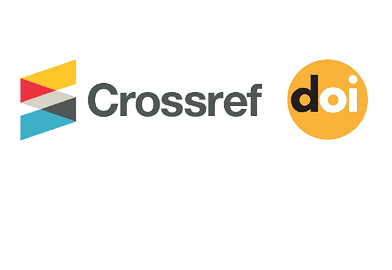Recognized in HEC "Y" Category


Reporting Standards
Originality and Plagiarism
Declaration
Multiple, Redundant and Current Publication
Acknowledgment of Sources
Authorship Credit
Privacy of Participants
Data Access and Retention.
Recognized in HEC "Y" Category



The Islamia University of Bahawalpur, Pakistan
Baghdad-ul-Jadeed Campus, The Islamia University of Bahawalpur, Bahawalpur
Postal Code: 63100, Pakistan.
Website: www.iub.edu.pk
Email: info@iub.edu.pk
Contact: 062-92555065